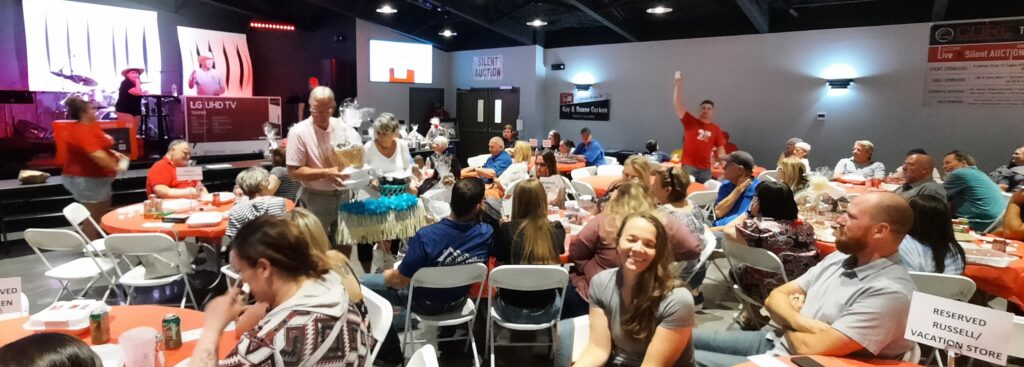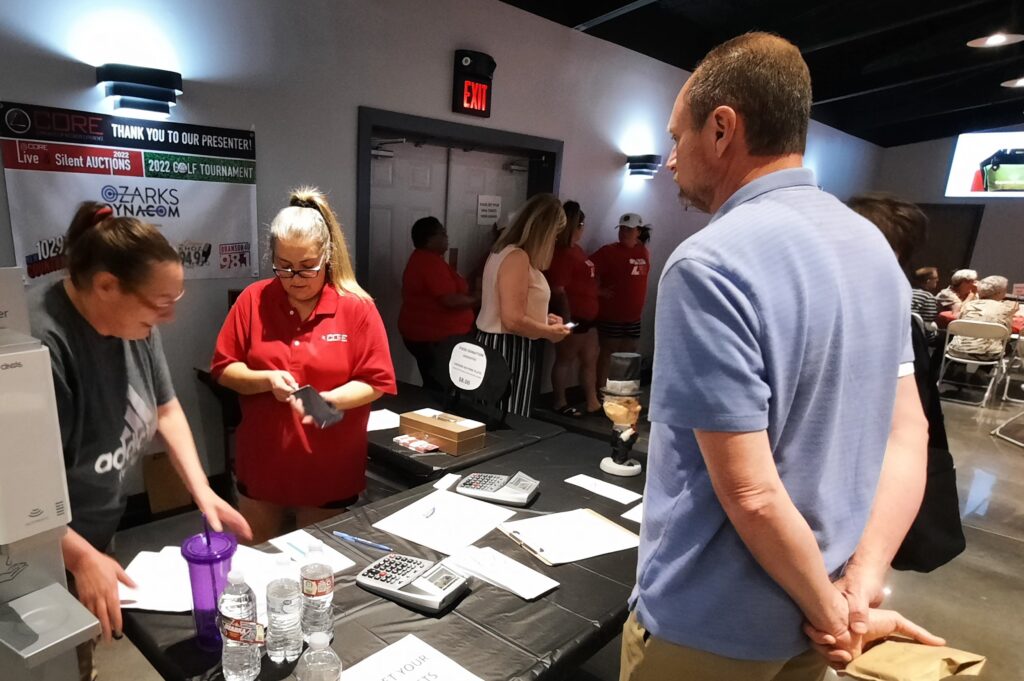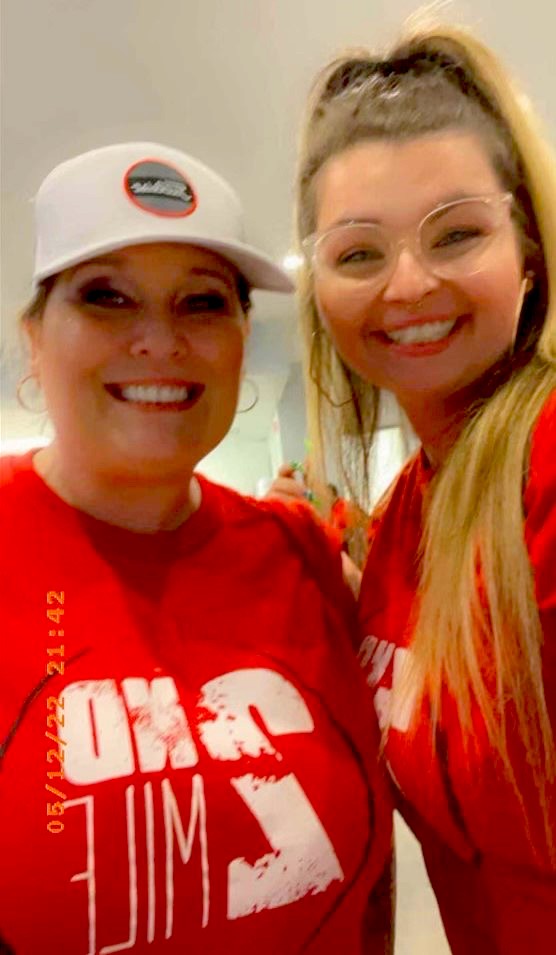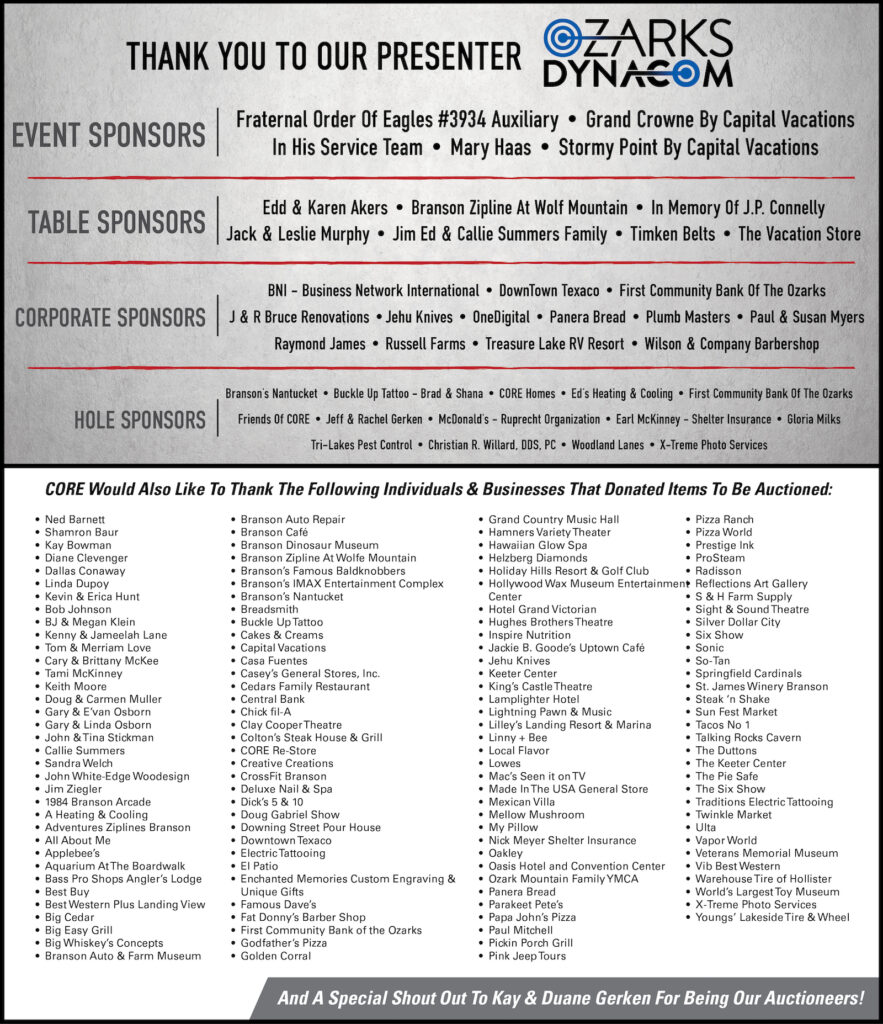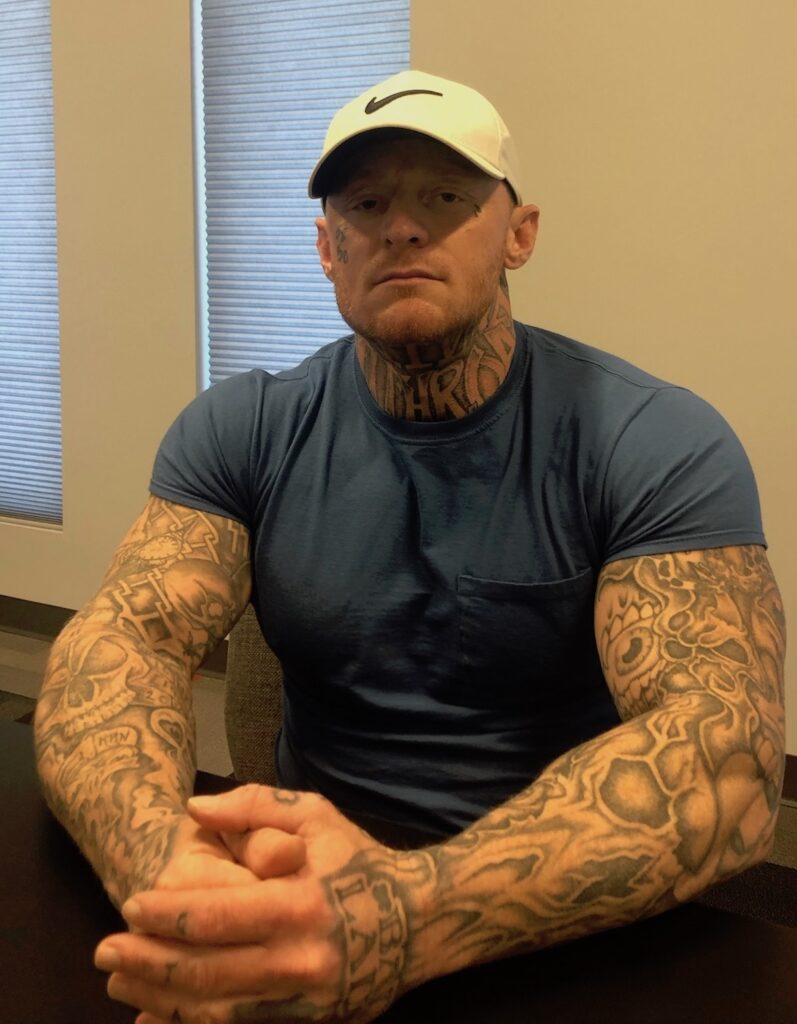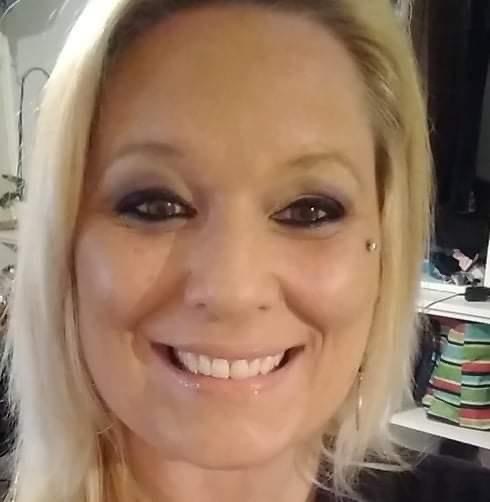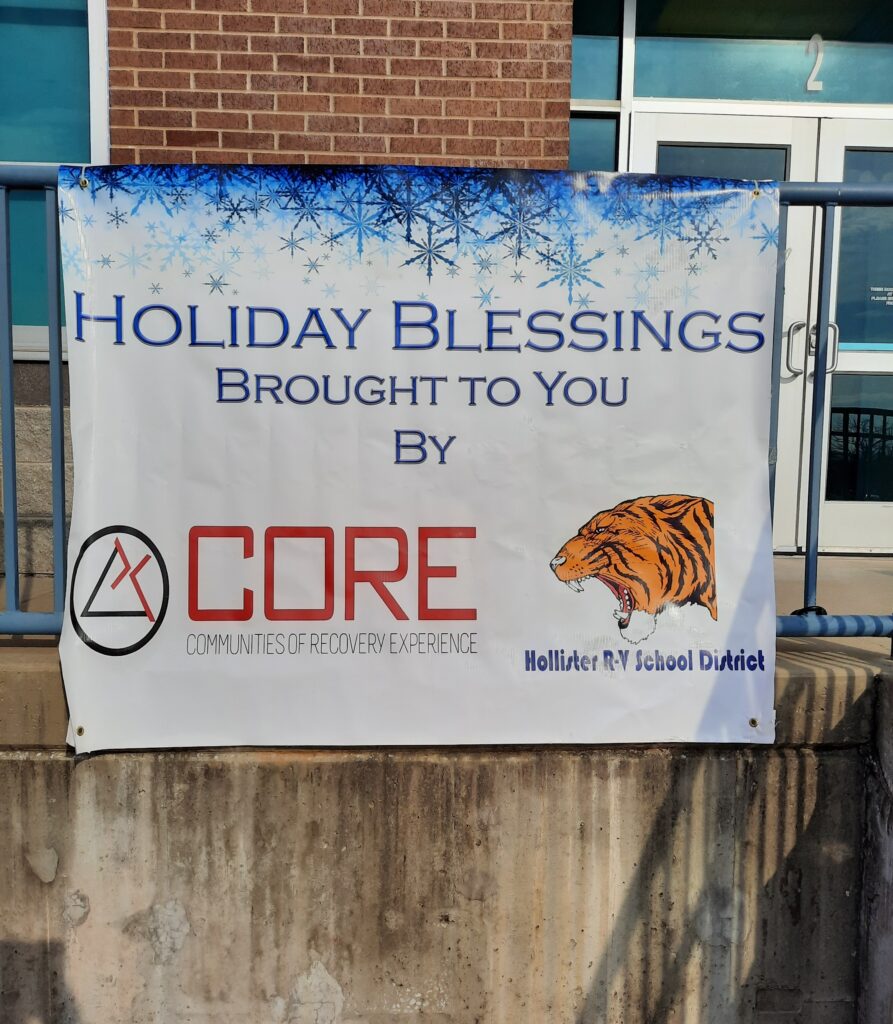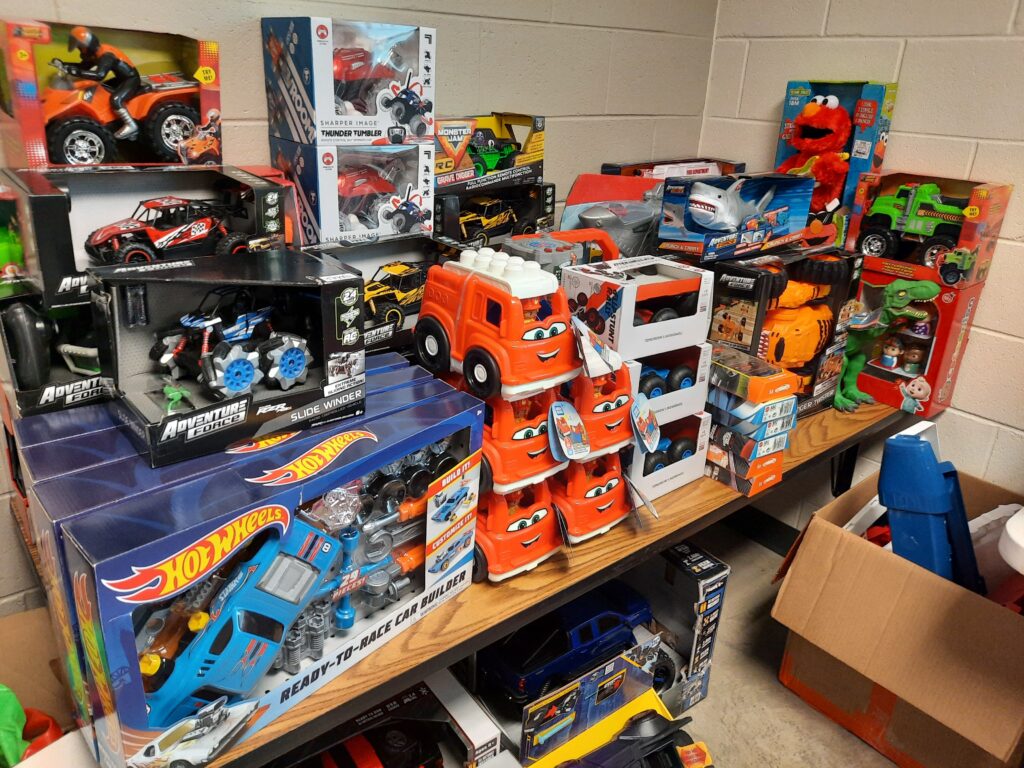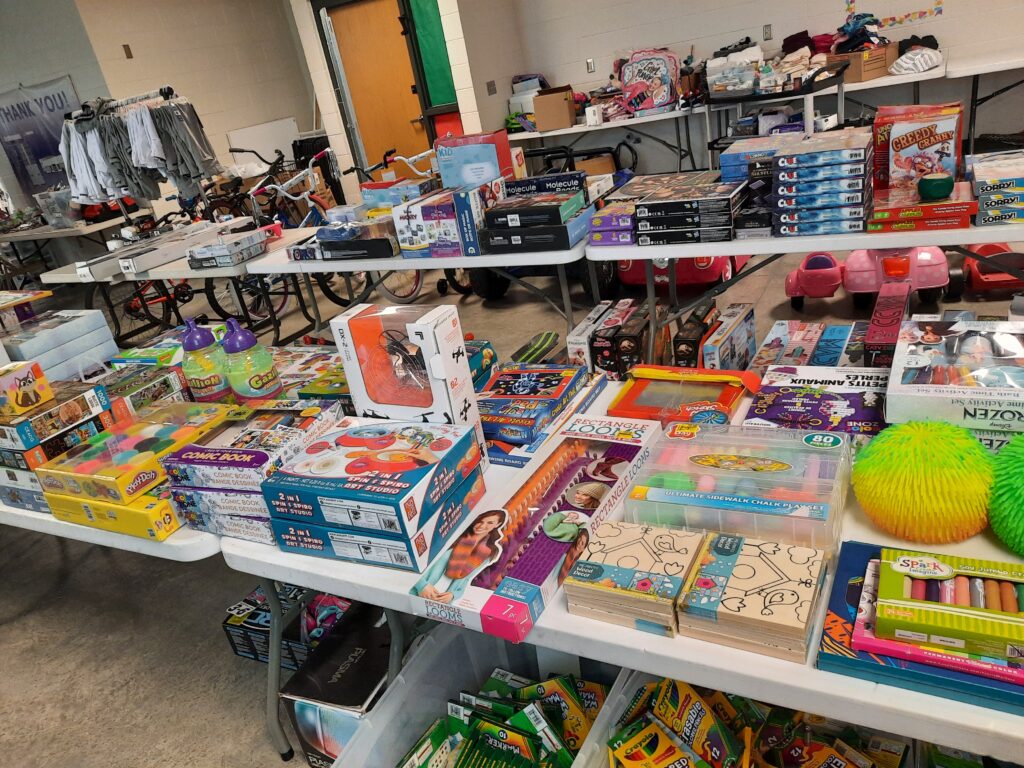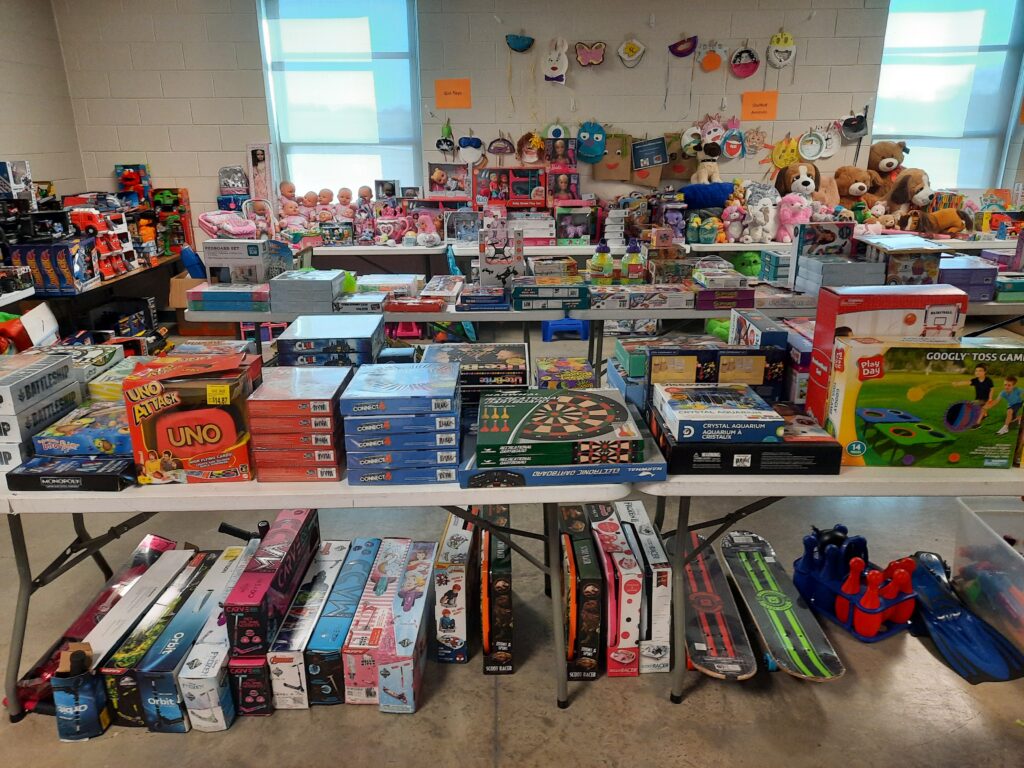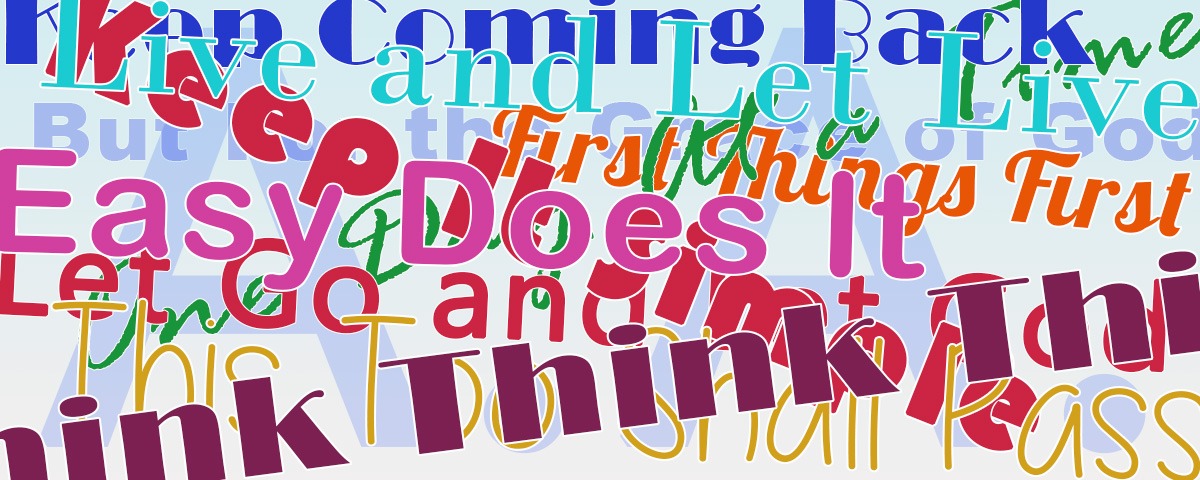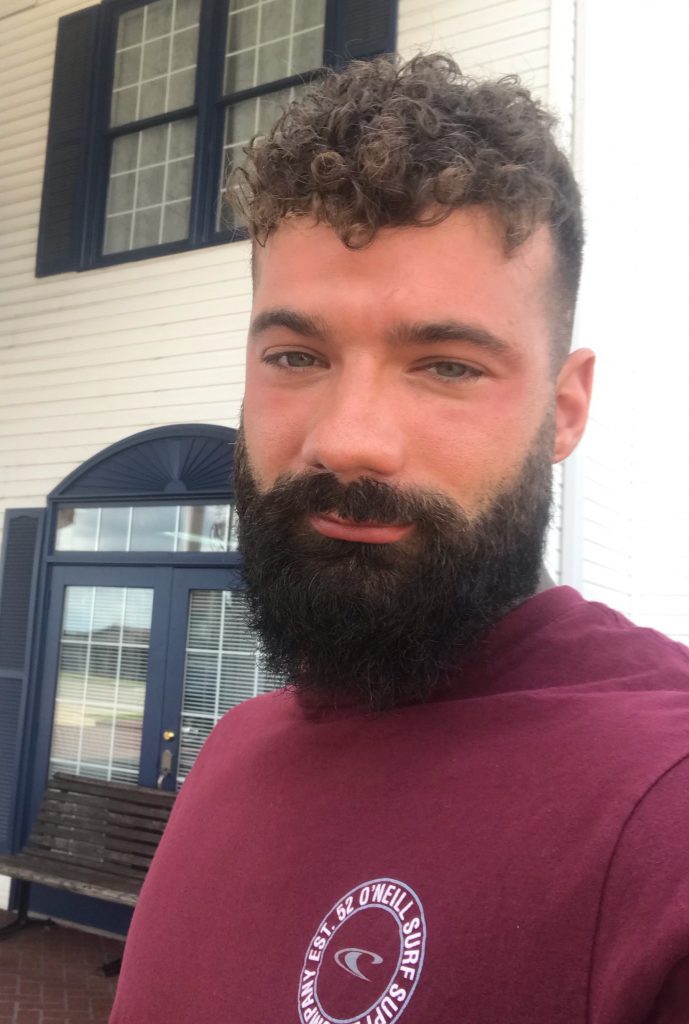Five Unfortunate Sayings We Hear in AA Meetings
Some good-ole American sayings are: “Honesty Is the Best Policy!” “Practice Makes Perfect!” and “No Pain, No Gain!”
Our culture is practically swimming in a sea of sayings — those short, pithy adages that help us remember important things. Taken together they help define and identify us as a people. Thus, “A Stitch in Time Saves Nine” probably sounds familiar to us. By contrast, the saying “Pour Your Water from the Highest Rooftop” just as likely leaves us scratching our heads (and no wonder, it’s not American). In fact, every nation has its own sayings and mottos that distinctively make sense to its people. But for us, our sayings are the embroidery of our social fabric, and taken together they make us uniquely American.
For our discussion here, there are two things we initially wish to point out. First, all sayings have a cultural context. That is, there are different ones for nearly every organized group and human activity. There’s thousands of these, but they may be roughly arranged according to culture, ethics, value systems, human nature, and still other miscellaneous activities. Amazon offers enough collections of these to last a reader for a lifetime, if that’s their thing.
It shouldn’t surprise us, then, to hear that Alcoholics Anonymous has its own sayings. In fact, when the AA Big Book was first published more than eighty years ago, the fledgling sobriety group already had three mottos that it thought important enough to print, to wit: “First Things First;” “Live and Let Live;” and “Easy Does It.” In the intervening decades, scores of sayings have been offered in publications and AA meetings and subsequently repeated at AA events every day. There’s no official list, but a simple internet search yields many hundreds. Some are helpful, while others – not so much.
Second, all sayings presuppose a particular social context. Their proper application depends on events occurring at a certain time and place. When this does not happen, problems arise. Thus, while “Just Do It” may spur one to work harder and achieve results, we would never say this to someone wondering what happens if they stick a fork in the toaster. All sayings, no matter how wise or sublime they sound, are dependent on context. At best, a misunderstanding makes their application irrelevant. At worst, depending on the complexity of the activity and the ignorance of the actor, they may have potential to cause harm.
We at CORE collectively have attended thousands of AA meetings. We have had the pleasure of hearing sage and witty sayings. We’ve also heard some unfortunate ones that misstate the 12 Step program and even have the potential to do harm. We don’t have room here to talk about them all but, for the Reader’s benefit, we will identify five (5), as discussed below.
1. “AA Is a Selfish Program”
This unfortunate saying turns 12 Step recovery upside down. It is a telltale sign that the speaker has never read the Big Book, even once. In fact, the Big Book identifies selfishness as the “root of our troubles” and emphatically states that “we alcoholics must be rid of this selfishness. We must, or it kills us!” Beginning with Step One, every step in some way addresses our selfish, self-centered natures. Moreover, turning our wills over to the care of God and living selflessly for others are expressly written into the Steps.
There are so many statements in the Big Book about this that they are not easily condensed, but a few more examples are in order. “Our very lives, as ex-problem drinkers depend upon our constant thought of others and how we may help meet their needs.” Helping others is further identified as the “foundation stone” of our recoveries. “A kindly act once in a while isn’t enough. You have to act the Good Samaritan every day, if need be.”
We aren’t sure why this foolish saying has been perpetuated, but it might be a misunderstanding by newcomers who are advised to put their recoveries first. Philosophically, it’s a Hobbesian way of thinking that assumes humans always act with self-serving motives. By the same token, is a cancer patient who takes time away from family to seek treatment also being selfish? What about the fireman who, without due regard for his family who depends on him, runs into a burning building? We think that only the most cynical minds find fault in such cases. The same is true here, particularly when recovery depends on living a selfless, Good Samaritan existence. There’s simply no room in the 12 Steps for selfishness.
2. “Meeting Makers Make It”
We hear this one a lot, too, even though it’s simply untrue in the majority of cases. In fact, most meeting makers don’t make it – they don’t recover. There is a persistent misunderstanding that AA meetings can make somebody sober. We hear newcomers exclaim “I’m making all my meetings!” The popular press and television also perpetuate this error by depicting AA as being about meetings.
Now, AA meetings have many good purposes, inter alia, making recovery-minded friends, finding a sponsor, and identifying people in need of our help. For such reasons we heartily recommend them. Nevertheless, such meetings will not make anybody sober, let alone grant them recovery, any more than an opera enthusiasts group will turn a member into a soloist, or a gardening club make a member into a gardener. Something else – and more – is needed.
Meeting makers who don’t make it haven’t worked the 12 Steps. That’s the only program for recovery outlined in the Big Book. They “balked” at some or all of the Steps, for reasons entirely personal to them, which was a recipe for failure. The Big Book, while sympathetic to their dilemma, offers no other alternative, saying “We [also] thought that we could find an easier, softer way. But we could not. With all the earnestness at our command, we beg you to be fearless and thorough from the very start. …Half measures availed us nothing.” As a consequence, for many meeting makers, the miracle of recovery never happens. They never take the steps that allow it.
3. “Relapse Is Part of Recovery”
We hear this one by those who, because they aren’t working a program, end up white-knuckling their sobriety until predictably drinking or using drugs again. They feel ashamed by their failure and try to rationalize it by casting relapse as a natural part of the recovery process. They want to be seen like a baby first learning to walk who is expected to fall. In fact, the idea that recovery and relapse go hand in hand is patently untrue. We can’t even charitably consider it as mere backsliding or getting worse. Relapse is the opposite of recovery. It’s the illness, full-blown and unabated.
The most insidious part of this adage is that the speaker deep down still believes they have the power to change their drinking or drugging. This is why they feel shame, the classic symptom of one who never even made it past Step One by honestly admitting that they are “powerless” over alcohol and drugs.
Alcohol and drugs are the kryptonite, Achilles heel, and fatal weakness, of every abnormal drinker and drug user. The fact of being powerless is well within our personal experience. All of our efforts to moderate or quit failed, spectacularly. Our addictions had grown beyond our control. We might go days or weeks without actually using, but the result was always the same. We are not like normal people and never will be.
Thus, any relapse must be treated as a more serious matter than a baby who face plants on the carpet. Relapse isn’t simply failed recovery, it’s no recovery at all. It is a giant, red flag statement that they are powerless. Their belief that they, or some other human power, can relieve them of addiction is one of the “old ideas” that they must completely let go. Their recovery efforts invariably will amount to nil unless they let go of such ideas absolutely. Moreover, once their Step One is complete, they must proceed with the remaining steps.
4. “Don’t Drink, and Go to Meetings”
This saying reminds us of the proverbial lawyer who tells clients that bankruptcy is unnecessary if they pay their bills. One may as well advise a homeless person to buy a house. In fact, we already assume that every AA member actually wants to stop drinking or drugging. We’re also happy to see them at meetings (and hope their attendance continues, for the reasons mentioned above). We’re just not certain how any newcomer can ever be expected to follow this advice. The Big Book suggests that if anyone unable to control his drinking can do the right-about-face and handle his liquor, then “our hats are off to him.” We too are happy for him. He’s not an alcoholic and doesn’t need AA.
Telling the newcomer “Don’t Drink” also sounds eerily like “Just Say No!” Alcoholics and addicts are incapable of doing this by themselves. The 12 Steps are not written for those who can stop but for those who can’t quit no matter how much they wish or how hard they try. It is only by working the program that we have a “spiritual experience” and personality change sufficient to bring about recovery. With this personality change our sanity is restored. Then, and only then, can we “just say no.”
5. “GOD means Group Of Drunks”
This useless adage has been floating around AA halls for a while. Proponents say that the Higher Power for many AA newcomers is probably the group anyway. Though these poor souls were once miserable, they happily have discovered others like themselves and are no longer alone. They find solace in numbers, and the strength of the group supposedly propels them along the road of sobriety.
We can’t take Group of Drunks people seriously. Who really believes that a bunch of addicts comprises the “Spirit of the Universe” to whom the Big Book refers? And, who would dare turn their will and life over to the care of an AA group? Or seek to improve conscious contact with the group by praying to it? Or have their lives run by a committee? We don’t see, even in principle, how one might actually work the Steps if the AA group is their Higher Power. Nor will an AA group ever keep them sober.
The Big Book itself flatly says that God is what the book “is about.” “Its main object is to enable you to find a Power greater than yourself which will solve your problem. That means . . . that we are going to talk about God.” And indeed, one of its most pertinent ideas is that “probably no human power could have relieved our alcoholism,” but that “God could and would if He were sought.”
The foregoing seems clear enough to us, but the Group of Drunks people apparently want to cast themselves into the role of playing God. Of this, the Big Book makes short work, saying “We had to quit playing God. It didn’t work.” All AA members will do well to remember this.
